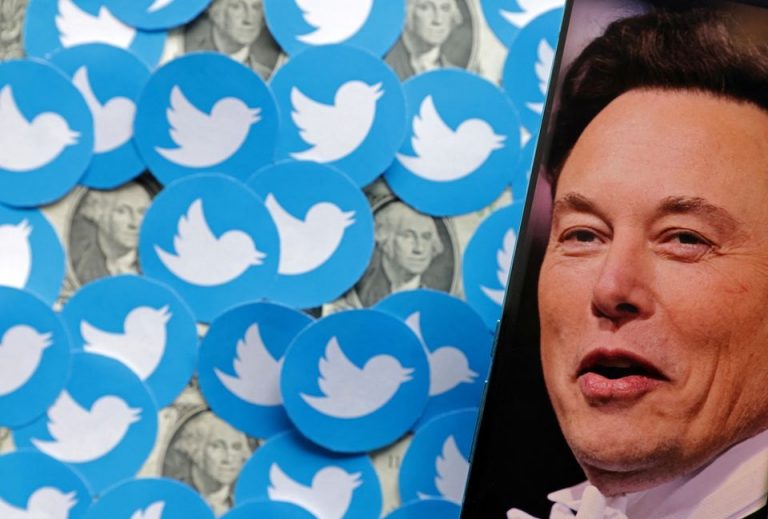
Twitter has silently reversed its decision to restrict tweet viewership without signing in, about a day after it was announced as part of the company’s efforts to halt data scraping.
The reversed decision means users can now access the social media platform’s links without having to sign in. Users started once again to access Twitter from different platforms like WhatsApp and Slack late Tuesday.
Musk announced a restriction on the number of tweets users can see over the weekend as a “temporary emergency measure” to combat data scraping. The billionaire said the login requirement was part of it.
Register for Tekedia Mini-MBA edition 18 (Sep 15 – Dec 6, 2025) today for early bird discounts. Do annual for access to Blucera.com.
Tekedia AI in Business Masterclass opens registrations.
Join Tekedia Capital Syndicate and co-invest in great global startups.
Register for Tekedia AI Lab: From Technical Design to Deployment.
“Temporary emergency measure. We were getting data pillaged so much that it was degrading service for normal users!” he said in a tweet.
Musk quickly reversed the tweet capping move after it triggered attempts by a lot of Twitter users to leave the platform, with many signing up on Truthsocial.
Twitter is yet to make an official announcement that it has rescinded the login requirement.
Musk appeared to have been forced to walk back on these decisions following heavy criticism and the threat of further damage to Twitter’s relationship with advertisers.
Marketing industry professionals said his decision could also undermine efforts by the company’s new Chief Executive and former advertising chief at NBCUniversal, Linda Yaccarino, to make peace with advertisers.
Mike Proulx, research director at Forrester, told Reuters on Sunday that the tweet limits have had a significantly negative impact on both users and advertisers, who are already grappling with the disruption Musk has brought to the platform.
“The advertiser trust deficit that Linda Yaccarino needs to reverse just got even bigger. And it cannot be reversed based on her industry credibility alone,” he said.
In addition, Twitter’s move comes a day before Meta launches its own text-based app called Threads. With a growing number of Twitter users who are dissatisfied with the way Musk is running the platform since he took over in October last year, Threads appears like an alternative.
It is not clear if Threads intends to allow users to access the web without signing in when it finally launches on Thursday, but the platform briefly allowed users to view posts on the web without logging in before pulling the links.
However, Twitter said in a blog post that it took the temporary decision to limit usage “so we could detect and eliminate bots and other bad actors that are harming the platform.”
The company added that the decision came unannounced because “any advance notice on these actions would have allowed bad actors to alter their behavior to evade detection,” and it does not impact its ad business.
“Currently, the restrictions affect a small percentage of people using the platform, and we will provide an update when the work is complete. As it relates to our customers, effects on advertising have been minimal,” the company said.
During the weekend, Musk initially limited the number of tweets users can see to 600 per day for unverified accounts, 300 for new unverified accounts, and 6,000 for verified accounts. It was later reviewed upward to 10,000 posts per day for verified users, 1,000 per day for unverified and 500 posts per day for new unverified users.
Meanwhile, ChatGPT’s OpenAI has a legal issue even as it plans to assemble a team ‘to manage “superintelligent” AI systems that it says could exceed human intelligence within a decade.’
Two novelists are suing OpenAI for copyright infringement, CNBC reports. Best-selling authors Mona Awad and Paul Tremblay allege that the firm wrongfully used their copyrighted novels to train ChatGPT, OpenAI’s chatbot. The authors say the artificial intelligence-powered platform can produce summaries of their work that are so on point that they’re “only possible” if the AI culled protected material. OpenAI, which received a $10 billion investment from LinkedIn’s parent company, Microsoft, says ChatGPT pulls its information from web crawls, which can include archived books and Wikipedia. A new analysis shows that ChatGPT downloads have slowed in recent weeks.



